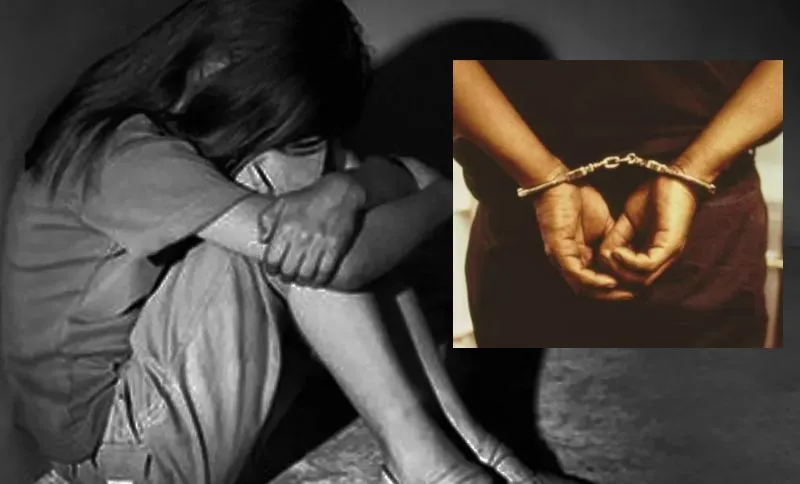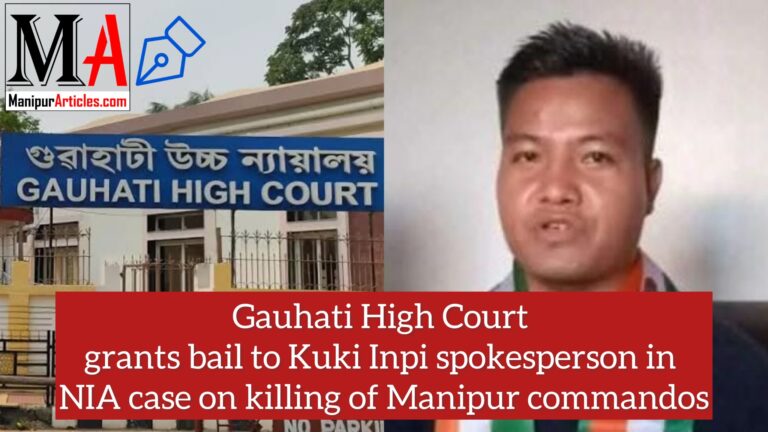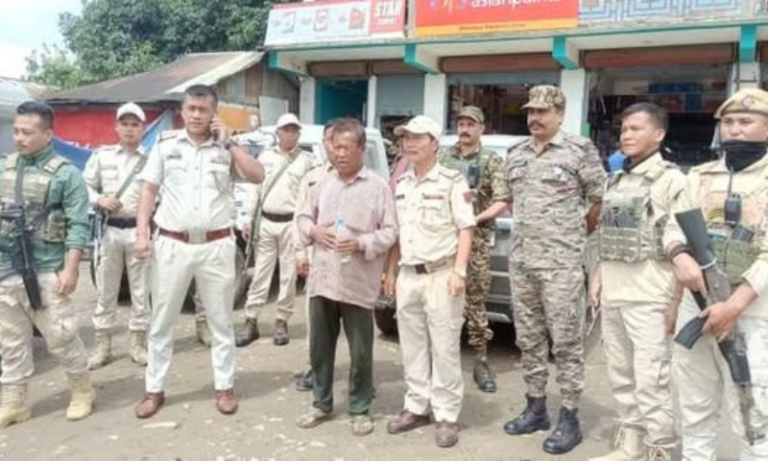Manipur Police Arrest Non-Local Cobbler for Sexually Assaulting Minor
A non-local cobbler, Girish Kumar (GK) Das (43) of Begusarai Phulwaria, Bihar — who was living in a rented room at Uripok in Imphal West — was arrested on August 17, 2025, after the mother of a school-going girl filed a complaint alleging the man sexually assaulted her daughter when she had gone to his room to get a school bag repaired. The accused was produced before the Court of Special Judge (POCSO), Imphal West, and remanded to judicial custody until September 4, 2025, as the police investigation proceeds; the victim’s identity has been withheld following legal directives.
The arrest in Uripok, Imphal West is not just a single incident; it is a node in a wider web of issues — child safety, reporting norms, legal protections under POCSO, and how communities and institutions respond when the unthinkable happens. Let’s walk through what happened, what the law says, practical advice for families and bystanders, and how we can push towards prevention and better support for victims. (If you want only the facts, scroll to the box “What happened — the facts” below.)
What happened —
- A school-going girl went to a rented room in Uripok to get her school bag repaired by the cobbler who lived there.
- Minutes later she returned home visibly upset; her mother lodged a complaint with the Imphal police alleging sexual assault.
- A police team arrested Girish Kumar (GK) Das (43) from his rented house on August 17, 2025. The accused is a native of Begusarai Phulwaria, Bihar.
- During preliminary interrogation the police say the accused admitted the charges; he was produced before the special POCSO court and remanded to judicial custody until September 4, 2025. The court proceedings will continue.
FAQs
1) What does POCSO stand for, and why is it used in this case?
POCSO stands for the Protection of Children from Sexual Offences Act, 2012. It’s a child-specific law that defines sexual offences against minors and prescribes child-friendly procedures for investigation and trial. Because the alleged victim is a school-going child, the case is handled under POCSO provisions.
2) If I witness or suspect child sexual abuse, what should I do right away?
Ensure the child’s safety, call Childline 1098 (for immediate help and coordination), report the incident to the local police, and seek medical attention without delay. Preserve possible evidence by avoiding bathing the child or disturbing the scene until medical exam is done.
3) Why won’t the media name the child?
Section 23 of the POCSO Act and related judicial directives prohibit publishing any identifying details about a child sexual-abuse victim (name, photo, school, address, etc.) to protect the child’s privacy and prevent secondary trauma. Violations are legally punishable.
4) Does an arrest mean the accused is guilty?
No. Arrest and remand are part of the investigative process; guilt is established only by a court after trial. The accused has a right to legal representation and a fair hearing, while the legal system must gather evidence and ensure a fair trial.
5) Where can families find long-term support for recovery?
Families can approach the District Child Protection Unit (DCPU), Child Welfare Committee (CWC), registered NGOs specialising in child trauma, and government helplines like 1098 for coordinated support (medical, legal, counselling, shelter). Local police or Childline can refer families to these resources.





